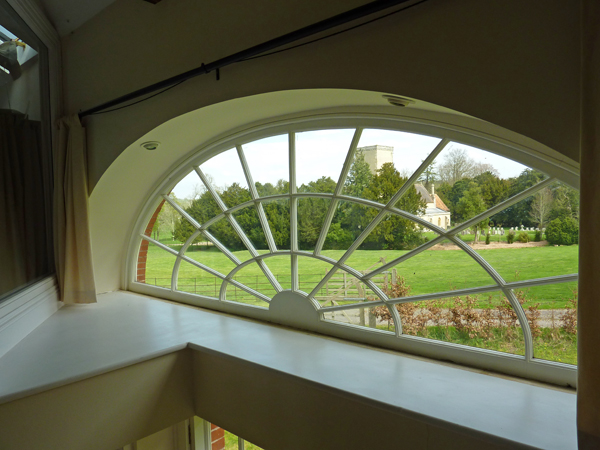Over the last few years, the Government has been making a concerted effort to improve the energy efficiency of Britain’s housing stock. The intention is to increase energy efficiency in our homes as a step forward in the fight against climate change.
One of the Government’s key initiatives is the Minimum Energy Efficiency Standards (MEES), which focuses on the Private Rental Sector (PRS). Under these regulations from April 2020, it became illegal for landlords to rent a property that has an Energy Performance Certificate (EPC) rating of F or G.
One of the key concerns and points of confusion for landlords has been how the legislation can be applied to listed buildings and properties in conservation areas, and whether a listed building needs an EPC if it is to be rented out.

The official guidance states that an EPC is generally not required where the landlord can demonstrate that the building is protected as part of a designated environment, or because of its special architectural or historical merit. In these scenarios, the building would be exempt from the requirements to have an energy performance certificate insofar as compliance with minimum energy performance requirements would unacceptably alter its character or appearance.
In this case, the property would be exempt from MEES and the property could be let even with an EPC rating of F or G.
The problem that arises here is how a landlord determines whether EPC requirements would ‘unacceptably alter the character or appearance’ of the property without having an EPC in the first place?
The recommendation is to obtain a draft EPC to see what works are required and whether these would make the property exempt from needing an EPC and therefore from MEES too.
Some recommendations may be unobtrusive (e.g. upgrading internal lights, the boiler, electric heaters or loft insulation), while others could be seen as ‘unacceptable’ alterations (e.g. upgrading windows). It is in this instance that the landlord has to decide what can or can’t be done and the subsequent effect any works would have on the property’s EPC rating.
The key to remember here is that exemptions to EPC rules when it comes to listed buildings and properties in conservation areas are carried out on a case-by-case basis. If a landlord is in doubt as to what can be deemed ‘unacceptable’, the official guidance encourages them to seek the advice of their local planning authority’s conservation officer.
The penalties for not complying with MEES are substantial and not issuing an EPC at the start of a tenancy could also cause problems if it becomes necessary to serve a Section 21 Notice. A landlord cannot serve a Section 21 Notice on a tenant if the landlord is in breach of the prescribed requirements (section 21A (1) Housing Act 1988) which require an EPC to be given to the tenant at the start of the tenancy.

In summary, if you are planning to rent out a property that has a Listed status:
- Commission a draft EPC.
- Determine whether the suggested works entitle you to register for an exemption (with the help of the local authority if required).
- Depending on which route you go down, take the required action of registering for an exemption or carrying out the recommended works to secure an EPC rated E or above.
- Work on older buildings may require consent. Where historic buildings are designated then listed building or scheduled monument consent may be required.
- It can be a criminal offence to carry out work to a listed building without consent when it’s needed. In addition to these consents, planning permission may also be required.
- If your building is listed you’re strongly advised to speak to your local authority planning department or relevant advisory body. They will be able to tell you whether you need permission or consent to implement an energy improvement measure.
- The decision whether to give consent for an energy improvement measure will weigh the need for the improvement against the impact of the measure.
You can find more information on the links below:
- A Guide to Energy Performance Certificates for the Marketing, Sale and Let of Dwellings
- Domestic Private Rented Property: Minimum Energy Efficiency Standard - Landlord Guidance
- Guidance on PRS exemptions and Exemptions Register evidence requirements
- The PRS Exemptions Register
Thanks for reading this blog and if you have any property related questions please don’t hesitate to get in touch with us – we’d love to help you.
Lou Fletcher, Piccolo Property Services
P.S. If you are looking for a letting agent in the Salisbury area that makes moving and renting a stress-free and enjoyable experience for both Landlords and Tenants, please call us on 01722 580059 or email: info@piccoloproperty.co.uk for honest, expert and friendly advice.






Share this with
Email
Facebook
Messenger
Twitter
Pinterest
LinkedIn
Copy this link